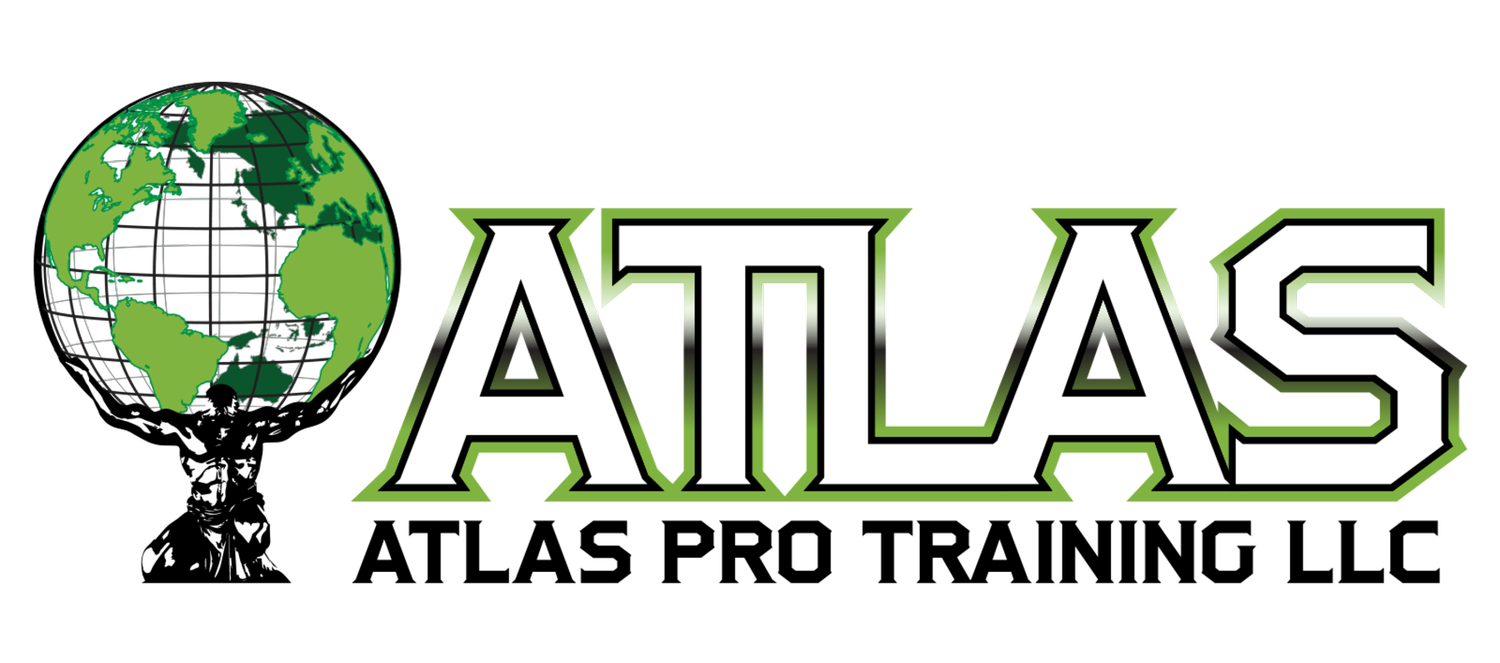Coach Allen’s Top Five Supplements (Both Natural and Over-the-Counter) for Lean Muscle Growth and Maintenance
Building and maintaining lean muscle requires more than just time in the gym—it demands smart recovery, balanced nutrition, and in many cases, targeted supplementation. While whole foods should always form the foundation of any effective training and nutrition program, certain supplements—both natural and over-the-counter—can give your body the support it needs to repair tissue, boost performance, and maintain lean mass more efficiently. In this post, we’ll break down five of the most effective supplements for promoting lean muscle growth, improving recovery, and supporting long-term physical development, whether you’re just getting started or pushing for your next PR.
Top Five Supplements for Lean Muscle Growth and Maintenance:
Whey Protein: An excellent source of high-quality protein that supports muscle protein synthesis.
Creatine Monohydrate: Enhances strength and muscle mass when combined with resistance training.
Branched-Chain Amino Acids (BCAAs): Aids in muscle recovery and reduces muscle soreness.
Beta-Alanine: Increases endurance during high-intensity workouts, promoting muscle growth.
Fish Oil (Omega-3 Fatty Acids): Reduces inflammation, supporting muscle recovery and overall health.
Nutrient-Dense Foods for Lean Muscle Growth:
Chicken Breast: Lean protein source rich in essential amino acids.
Salmon: Provides protein and healthy fats, including omega-3s.
Greek Yogurt: High in protein and contains casein for prolonged protein release.
Eggs: Complete protein source with essential vitamins and minerals.
Quinoa: A complex carbohydrate with protein and fiber.
Spinach: Packed with vitamins, minerals, and antioxidants.
Sweet Potatoes: Carbohydrate source with vitamins and fiber.
Almonds: Healthy fats and protein for sustained energy.
Berries: Antioxidant-rich fruits for recovery.
Broccoli: High in fiber and vitamins for overall health.
Supplementation and Meal Planning Schedule:
Morning:
Whey Protein Shake (with water or almond milk) + Banana
Lunch:
Grilled Chicken Breast Salad with Spinach, Quinoa, and Almonds
Pre-Workout Snack:
Greek Yogurt with Berries
Post-Workout:
Creatine Monohydrate (5g)
BCAAs (During or immediately after workout)
Dinner:
Baked Salmon with Sweet Potato and Broccoli
Evening Snack (Optional):
Scrambled Eggs
Exercises for Muscular Size:
Arms: Concentration curls, tricep dips, and hammer curls.
Shoulders: Military press, lateral raises, and face pulls.
Legs: Squats, lunges, and deadlifts.
Calves: Standing calf raises and seated calf raises.
Cardio for Lean Muscle Maintenance and Fat Loss:
High-Intensity Interval Training (HIIT): Short bursts of intense cardio (e.g., sprints) followed by brief rest periods.
Cycling: Moderate to high-intensity cycling workouts.
Stair Climbing: Climbing stairs or using a stair climber machine.
Rowing: Rowing machines offer full-body, low-impact cardio.
Swimming: A full-body workout that's easy on the joints.
Cardio and Workout Schedule:
Perform cardio 3-4 times a week for 20-30 minutes after weightlifting sessions.
Alternate between different cardio activities to prevent adaptation.
Ensure you have at least one rest day per week for recovery.
Remember to stay hydrated, get enough sleep, and monitor your progress to adjust your supplementation and meal planning as needed. Always consult with a healthcare provider or nutritionist before starting any new supplementation or workout regimen.
Supplements aren't a shortcut to results…
When used wisely alongside proper training, nutrition, and rest, they can play a powerful role in supporting lean muscle growth and maintenance during moderate to heavy resistance training periods. From natural aids like creatine and whey protein to newer recovery-focused options, each of the top five supplements highlighted in this post offers its own unique benefit when, paired with a nutrient dense nutrition plan.
Before adding anything to your routine, consult with a healthcare provider or registered dietitian to ensure it aligns with your personal needs and goals. Remember, consistency in your training and nutrition will always be the biggest driver of progress—supplements are just the edge that helps you perform, recover, and build more efficiently.
